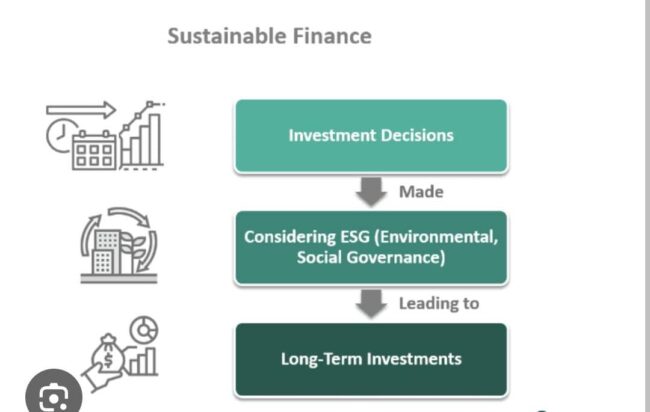In a significant contribution to the field of sustainable finance, a group of economics students from prestigious universities in the United States has conducted groundbreaking research on the interconnectedness of dirty energy markets and the stocks of leading carbon emitters.
Their study, titled ‘Dynamic Spillovers among Dirty Energy Markets and Stocks of Leading Emitters of Carbon: Evidence from the Novel Quantile Time-Frequency Approach’, employs advanced econometric techniques to provide new insights into the complex relationships between energy commodities and financial markets.
The research team, comprising Johnson A. Oliyide from the School of Economics at the University of Maine, Sodiq A. Oladipupo from the Department of Economics at Western Michigan University, Oluwafisayo F. Ajayi from the School of Economics at the University of Maine, Oluwafemi D. Ogunjemilua from the Department of Economics at the University of Missouri, and Abdulmutallib Salako from the Haas School of Business at the University of California, Berkeley, has been lauded for their innovative approach and significant findings.
Their work highlights how market risks are influenced by short-term shocks and extreme market conditions, providing valuable information for investors and policymakers.
The study’s utilization of the quantile time-frequency connectedness approach offers a detailed analysis of how shocks in crude oil and natural gas markets impact the stock markets of major carbon-emitting countries, including the United States, China, Japan, and India.
This research is particularly relevant in today’s climate-conscious world, where understanding the financial implications of environmental policies is crucial for sustainable economic growth.
Their findings indicate that the United States is a dominant transmitter of market shocks, influencing both short-term and long-term risks, while countries like Japan are primarily net receivers of these shocks. Such insights are critical for developing strategies that balance economic and environmental objectives, emphasizing the importance of sustainable investment practices.
The academic community and industry stakeholders have praised this research for its methodological rigor and practical relevance. It provides a robust framework for assessing the interconnectedness of energy markets and financial assets, crucial for developing policies that promote sustainability while managing financial risks.
As the world increasingly focuses on sustainable development, the contributions of these young researchers underscore the vital role of academic research in informing and shaping policies that address global environmental challenges. Their work exemplifies the power of collaborative research efforts in driving innovation and sustainability in finance.
ALSO READ THESE TOP STORIES FROM NIGERIAN TRIBUNE
